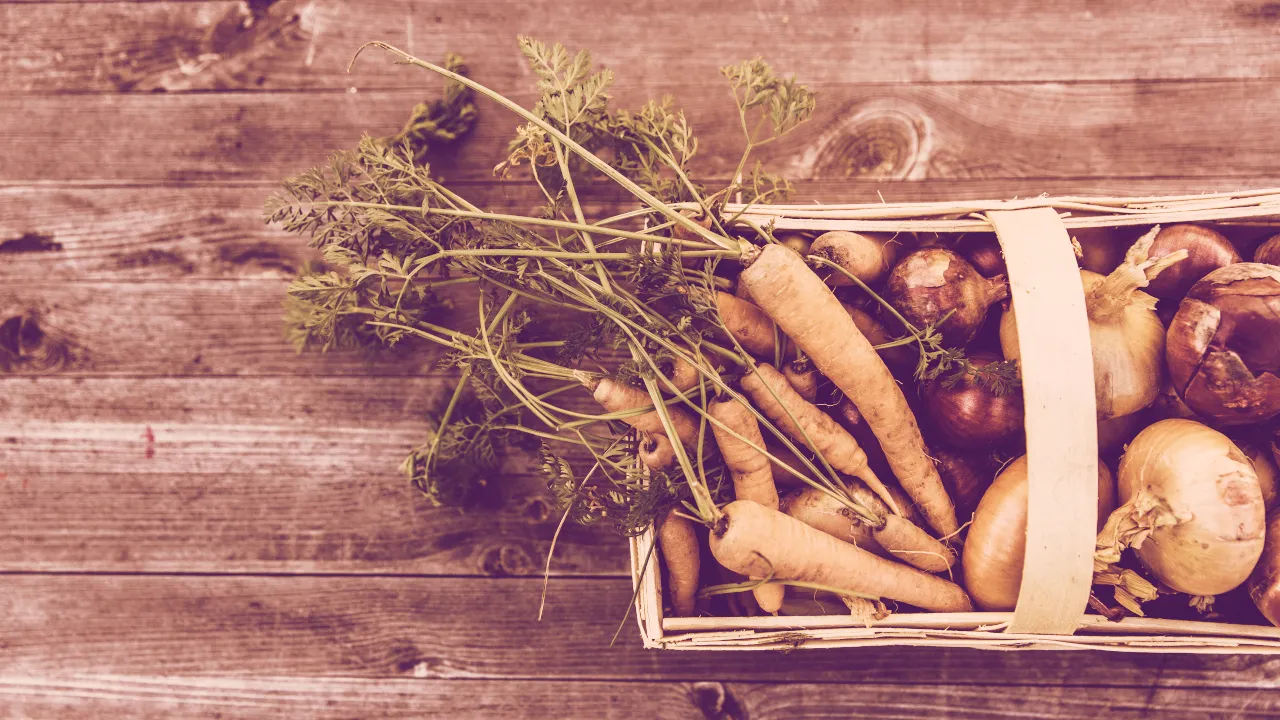South Korea’s largest telecommunications company, KT, today announced plans to develop a blockchain platform that will make sure the food that goes through its system is halal—meaning, food that’s compliant with Islamic Law.
The blockchain system, a partnership with blockchain company B-Square Lab and the Korea Muslim Federation, will register certificates for halal food on the blockchain. (B-Square Lab's "Square Ledger" is a Hyperledger-based "digital asset enhanced blockchain platform," according to its website.) Each product will be also be scanned with a QR code that confirms food is halal at every step of the supply chain.
Halal certifications have conventionally been carried out with paper documentation or by working with trusted suppliers, but these systems are open to fraudulent manipulation. Farmers might falsify documents or pump animals full of water and sedatives ahead of slaughter; practices that become a lot harder when blockchain’s decentralized ledger is introduced.
The new system will tap into a huge market for halal food; the Korean Muslim Federation estimates that 1.9 billion consume halal food, and values the global market at $3.64 trillion.
KT isn’t the first to implement a blockchain system to prevent halal food fraud. Last year, blockchain supply-chain company TE-Food partnered with UK-based Halal Trail to focus on bringing halal food to the tables of Muslims in Britain. TE-Food already uses blockchain to process over 18,000 pigs and 200,000 chickens every day.
And outside the halal market, many other companies are using the technology to sort out food supply-chain systems of their own. Platforms like FoodLogiQ, IBM Food Trust, and ripe.io are all experimenting with registering food on the blockchain; not surprising, given that the blockchain agriculture and food supply chain market is set to hit $430 million by 2023, according to a report from ResearchandMarkets.com.

